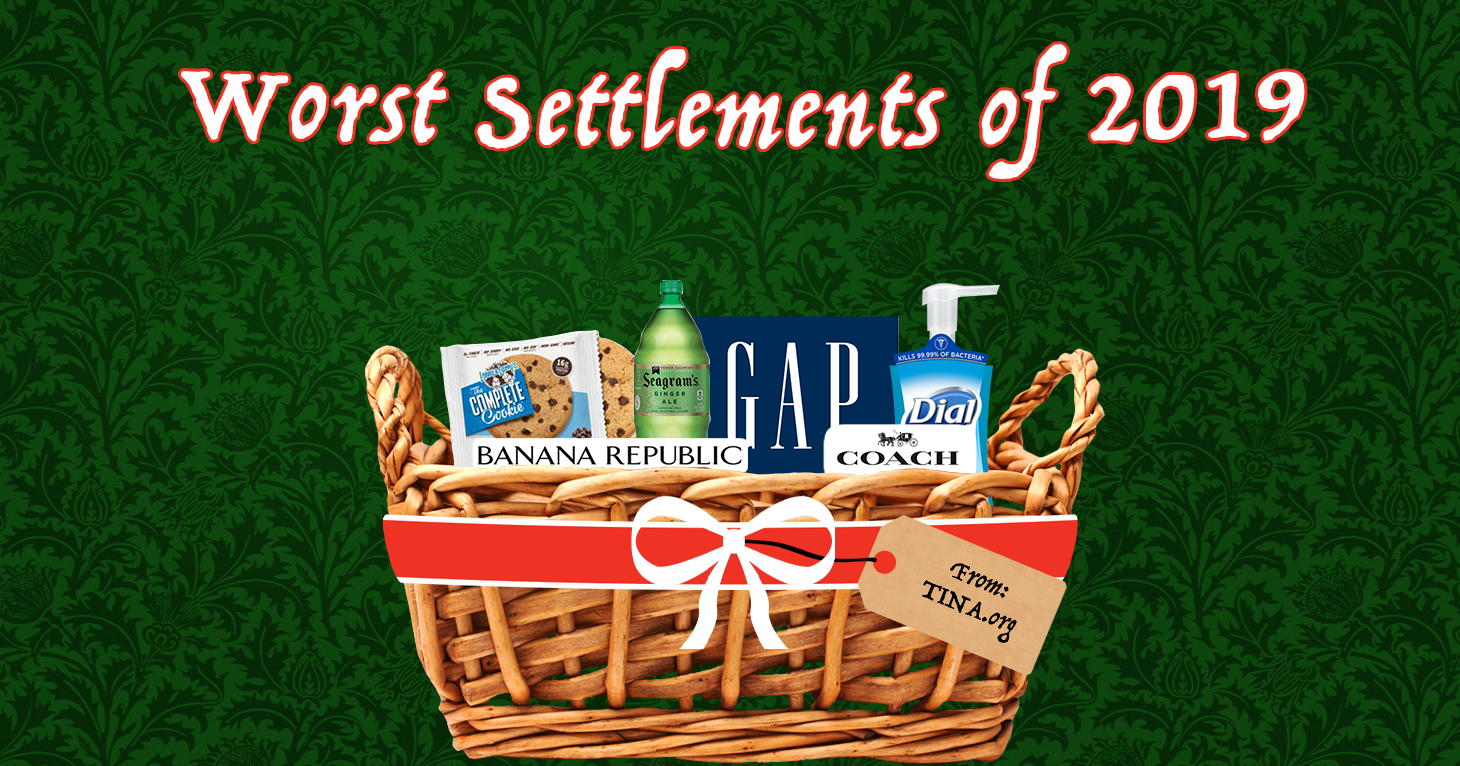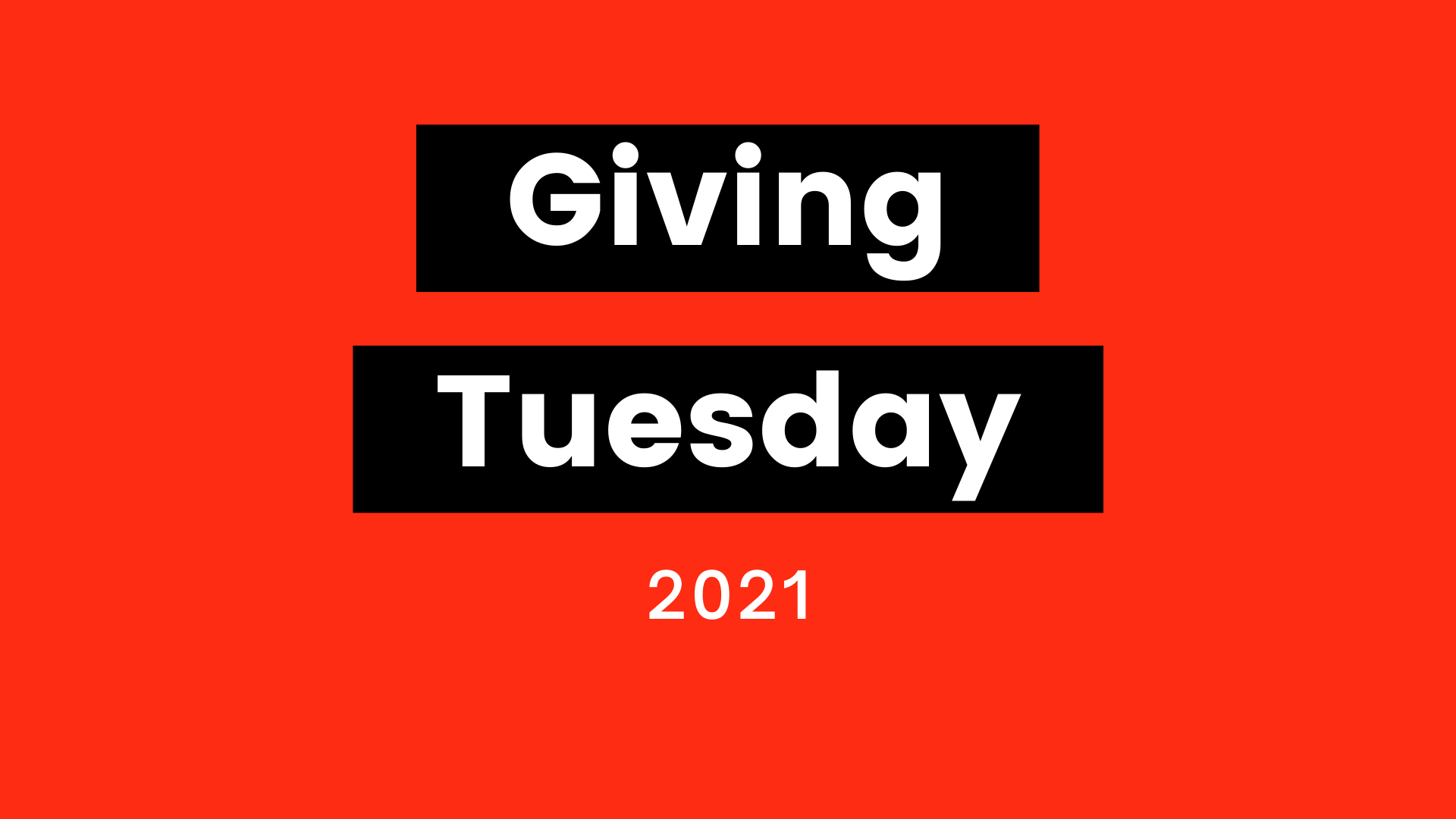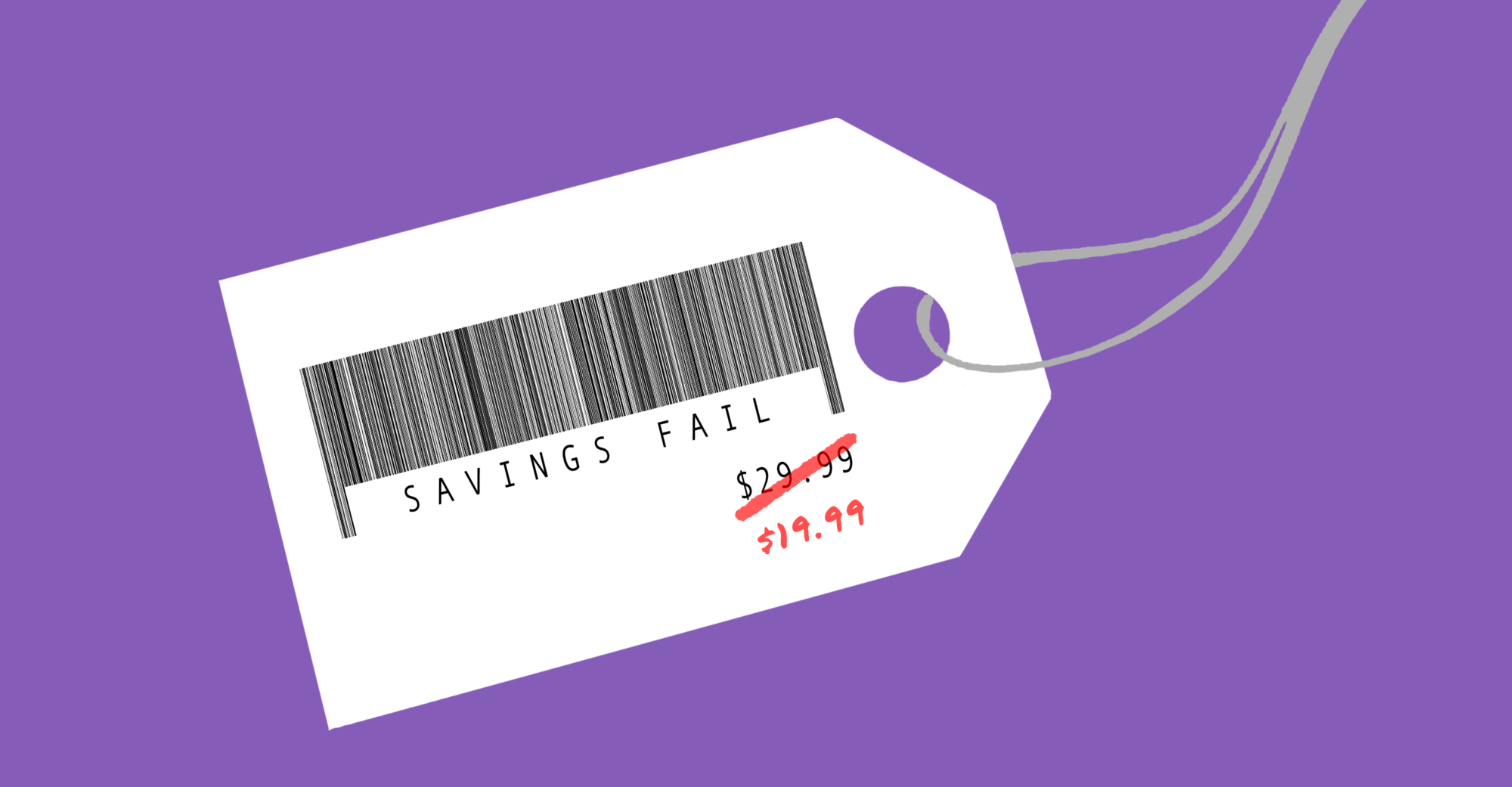
Best Reader Tips of 2021
This year reader tips led to dozens of ad alerts, as well as a complaint to regulators.
TINA.org's annual list of class-action settlements that left consumers out in the cold.
It is not always the case that a class-action settlement resolving allegations of false advertising or deceptive marketing results in what’s best for consumers. Here are some of those that left consumers or class members out in the cold this year.
Seagram’s Ginger Ale
Under a class-action settlement approved in 2019, the Coca-Cola Company can continue to use the words “real ginger” on the labels of its Seagram’s ginger ale even as it is permanently banned from using the phrase “Made with real ginger,” after plaintiffs alleged the soda is not made from real ginger root. Big Soda, dear readers, is real.
Gap/Banana Republic
Class members in a deceptive sales lawsuit against Gap and Banana Republic may soon feel how Clark Griswold felt in “Christmas Vacation” when, in lieu of a holiday bonus, he received a one-year membership in the Jelly of the Month Club. Under the proposed settlement, each of the four named plaintiffs would receive $8,000 and attorneys would receive a total of $1 million, while class members are left holding a measly coupon for 30 percent off. Meaning that the only way for them to get any financial benefit from the settlement is to … buy more Gap or Banana Republic.
Lenny & Larry’s
This was a settlement so bad the Department of Justice had to step in. And when the parties amended their agreement after the DOJ had its say, the revised terms did not dramatically change the maximum cash reward for class members – i.e., consumers who bought Lenny & Larry’s “complete cookie” and claimed it contained less protein than what was advertised on the label. But at least the amended settlement brought down the amount of attorneys’ fees and expenses, from more than $1 million to $450,000.
Dial
The Lenny & Larry’s class-action settlement wasn’t the only one that the DOJ’s Consumer Protection Branch opposed in 2019. It also objected to the terms of a proposed settlement involving germ-killing claims used to market a Dial antibacterial hand soap. The DOJ wasn’t alone this time. Twelve attorneys general joined in opposition to the proposed injunctive relief: a temporary five-year ban on certain marketing claims, including that the soap kills 99.99 percent of germs; and minuscule consumer redress to the tune of 27 cents per bottle purchased. It was not enough. Despite these objections, a judge granted final approval in May.
Coach
Just last month, the parties in a fictitious pricing class-action lawsuit against Coach agreed on settlement terms that, as far as consumers are concerned, aren’t worth celebrating. The terms say Coach may still use the acronym that plaintiffs alleged is misleading (MSRP, short for Manufacturer’s Suggested Retail Price), and the maximum cash award for class members is $10.
Find more of our year-end coverage here.
This year reader tips led to dozens of ad alerts, as well as a complaint to regulators.
Support our mission of keeping ads honest by making a donation to TINA.org.
The illusion of savings.


